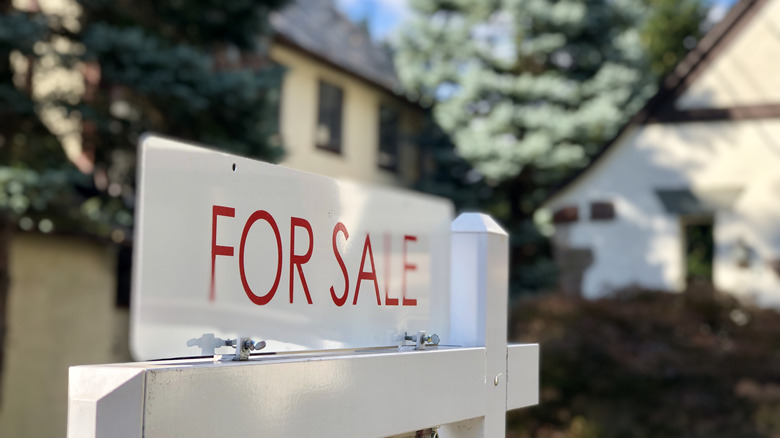What Really Happens After Retirees Move Out Of A Reverse Mortgage House
The reverse mortgage (typically a Home Equity Conversion Mortgage, or HECM) is an interesting financial tool that retirees can utilize to extract cash from their home. Real estate is consistently a rock solid feature of wealth generation, but it suffers from the pesky fact that leveraging said wealth isn't always easy. Rearranging your mortgage financing arrangement is generally considered the standard means of tapping into this value without having to sell, and a reverse mortgage can be the most opportune approach to do this for those over 62. This financial agreement allows you to continue living in your home, without paying back any of the money, until one of three conditions are met: a borrower dies, sells the home, or moves out for another reason, at which point the balance on the home (including interest) becomes due.
But there's more to explore than just lending terms and repayment obligations. Many older Americans end up moving out of their home to live with adult children or to reside in a care facility if health complications, or other unforeseen circumstances, creep into the picture. A reverse mortgage can complicate these needs, making the tool something worth significantly researching before pursuing. While the reverse mortgage is designed to provide financial stability for older Americans, there will eventually come a time when big decisions must be made.
Owners have a few options available to them
It's worth mentioning that relocating temporarily during the winter is not considered to have 'moved out' for the purposes of a reverse mortgage — unless you spend more than half of the year somewhere else. This is true for lengthy family visits, and it goes for stays in nursing facilities as well. With that said, if you do ultimately want or need to move out of a reverse mortgage home, there are some options to consider. The two easiest solutions are to either sell the home to satisfy the debt or allow the lender to take the property. This second approach is viable because these loans don't feature additional liability. If your home is underwater in value, you or your beneficiaries are not responsible for the difference. In the event of something like a housing market crash (part of one economist's prediction for 2026), it's likely that a reverse mortgage would leave your home with less value than the loan amount.
Per the terms of most reverse mortgages, decisions don't need to be made right away. Upon a reverse mortgage's due date, borrowers or their beneficiaries have six months to repay the loan, with two additional 90-day extensions generally available. Repaying the loan per its original terms is possible, but you might also consider refinancing with a standard mortgage instead. For those utilizing a typical HECM, the home's purchase cost is capped at the lesser value of either 95% of the home's appraised value (a step that must be taken within 60 days) or the loan balance.

